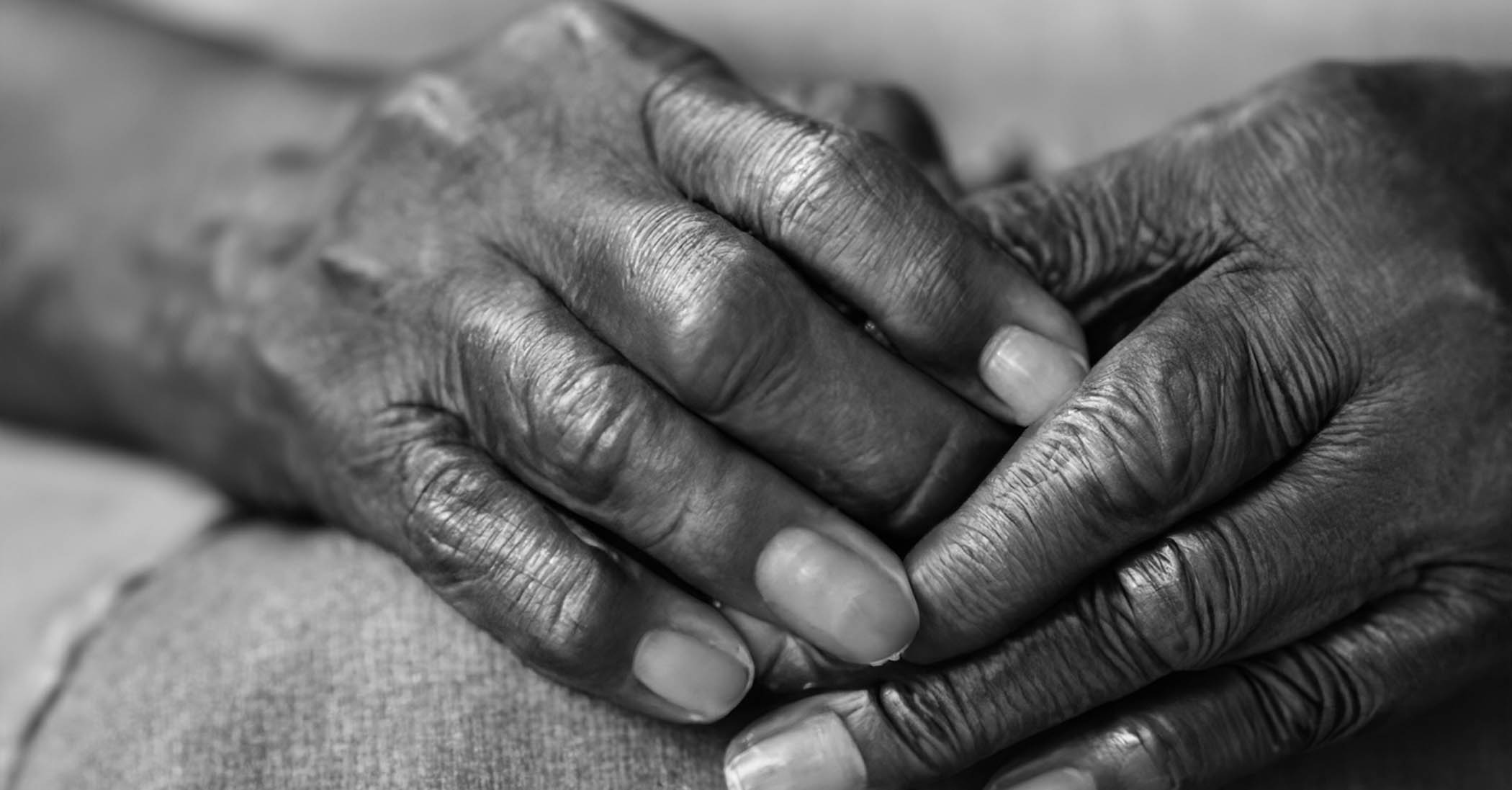Study: Chronic stress caused by racial discrimination is accelerating biological aging in Black women

Anti-discrimination efforts could reduce health disparities, researchers say
African American women who experience higher levels of perceived racial discrimination in everyday life have accelerated levels of biological aging, according to a recent study led by University of Michigan School of Public Health researcher Edward Ruiz-Narváez.
The study, published in the Journal of Racial and Ethnic Health Disparities, examined the association between interpersonal racism and the regulation of gene expression—called DNA methylation—from blood samples of 384 participants in the Black Women's Health Study (BWHS).
In the study, the researchers utilized five different methods—called clocks—to determine epigenetic aging in study participants, adjusting for a variety of factors including age, body mass index, and socioeconomic status. They identified key changes in DNA methylation that were significantly associated with the reporting of racism, particularly for those who reported experiencing racism in their daily life.
Ruiz-Narváez and the study’s co-authors say that their findings provide more evidence supporting the framework called weathering, which posits that African American and other culturally oppressed groups experience a disproportionate burden of disease due to the chronic stress caused by negative social and economic experiences. Michigan Public Health professor Arline Geronimus coined the term weathering in the 1990s.
"These findings suggest that social stressors such as racial discrimination can have tangible effects on physical health through epigenetic mechanisms,” says Ruiz-Narváez, an associate professor of Nutritional Sciences at the University of Michigan School of Public Health. “In this case, it manifests as premature aging."
Anti-discrimination efforts needed to reduce health disparities
The study adds to growing research into how racial discrimination impacts the epigenome, and presents opportunities for potential interventions and policies aimed at mitigating health disparities and promoting health equity across populations.
“Our results highlight the urgent need to continue anti-discriminatory efforts to reduce health disparities,” said Ruiz-Narváez, whose research focuses on the identification of factors that may explain the high burden of disease on minority populations, especially African American women.
He emphasizes that the study's outcomes serve as a significant step in understanding the complex mechanisms by which psychosocial stressors may affect heath, and underline the urgency for public health efforts to address societal contributors of stress and disease.
“The bottom line is that if we want a healthy society, we need to address the root causes of health deterioration, and our findings point to a pressing need for anti-discrimination efforts"
- Learn more about weathering: How Bodies Weather Social Stress
- Department of Nutritional Sciences
Media Contact
Destiny Cook
PR and Communications ManagerUniversity of Michigan School of Public Health734-647-8650
